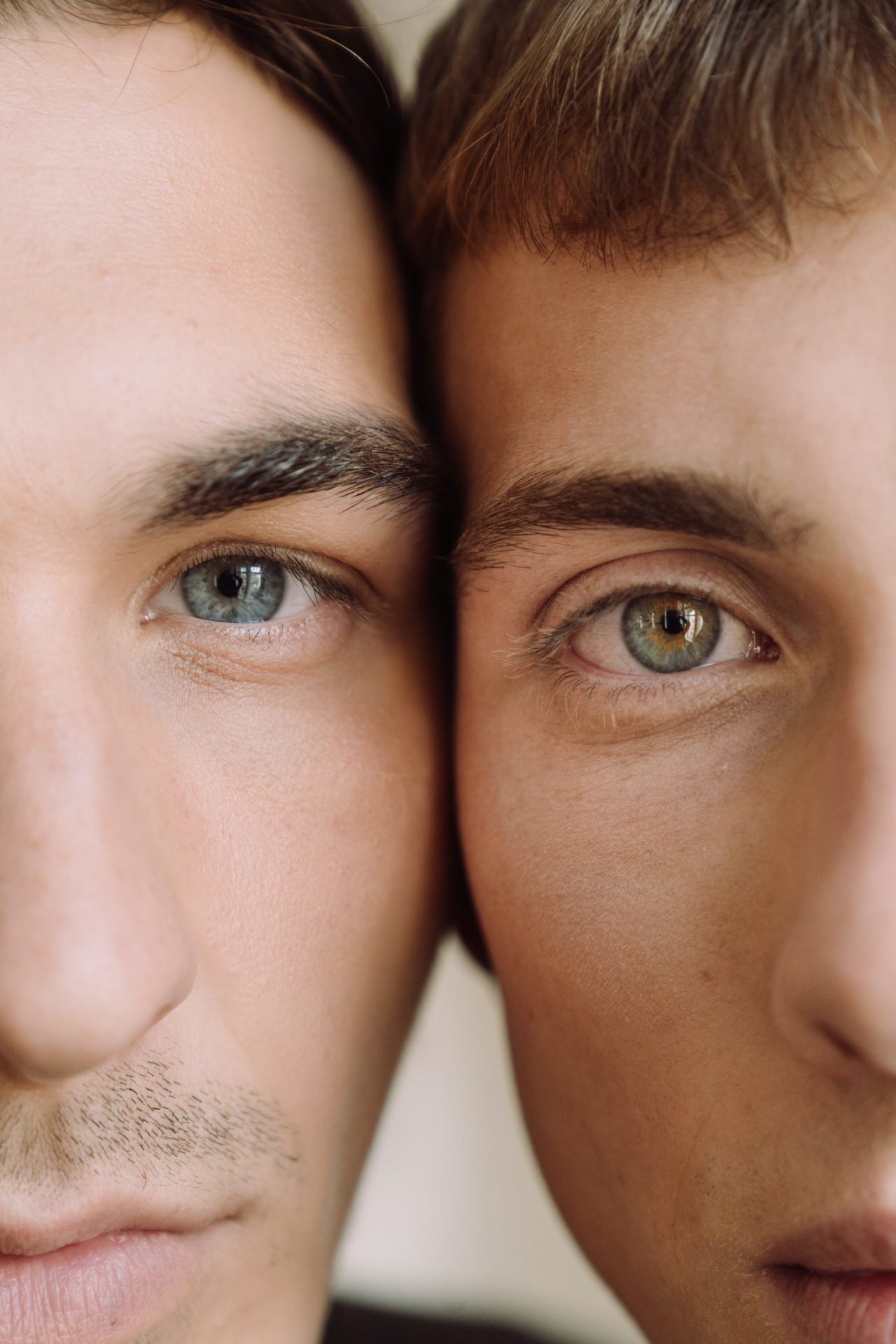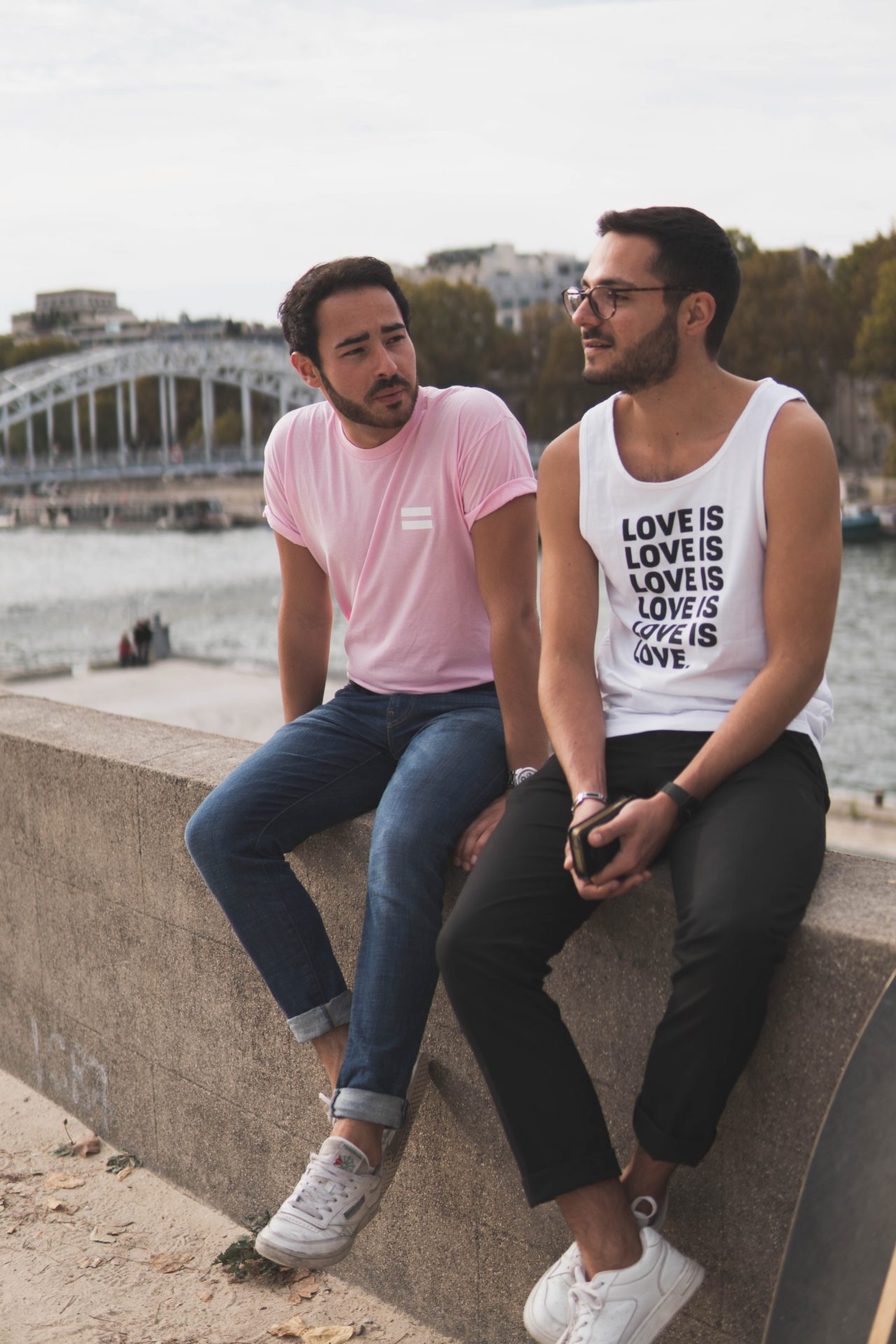
Yesterday, May 19th, France finally crawled out of its six months of COVID-19 related confinement, which will hopefully lead to lessening of anti-LGBTQ violence.
The first confinement was a rigorous total lockdown from March – May 2020. Everyone was required to stay at home unless they worked in a special category of the economy (essential workers, whether for logistics, manufacturing, or basic services such as grocery/pharmacies). Schools were closed, transport was closed, and to leave your home required a government approved reason (a form that was filled out online and had to be presented if questioned by the police).
At the end of October 2020, France went into a second period of confinement, with all bars and restaurants again closed, but a mix of retail and schools remaining open. COVID cases continued to rise during the winter, and incrementally President Macron turned the screws on the French until finally in March of 2021 another (third) confinement was instituted yet again, closing non-essential businesses and schools for a month while the sluggish pace of France’s vaccination effort slowly moved ahead.
During this period of stringent stay-at-home orders, with all social venues closed, and even schools shut down for months at a time, there was an additional hidden story that is only now coming into the light.

New reports came out just in time for the International Day Against Homophobia, Transphobia, and Biphobia that details an alarming increase in anti-LGBTQ violence committed during France’s COVID confinement periods. As reported in France24, various advocacy groups in France for at-risk kids in the LGBTQ community are reporting a significant upturn in queer kids seeking help.
“There have never been so many domestic violence situations to deal with,” said Matthieu Gatipon-Bachette, spokesman for the Inter-LGBT association. “For some young people, their coming-out to their family went very badly,” he added. “They usually have a support network in their school and from their friends. But with the various lockdowns they found themselves alone, and some were confronted with violent reactions when their sexual orientation was revealed. Others were even thrown out of their homes by their families.”
Temporary shelters are overflowing in provincial cities around France as families have come under stress from month after month of restricted movement, fraying the sometimes tenuous familial relations for many at-risk kids.
Gatipon-Bachette, director of an accommodation centre for LGBT people in Metz, has received an unprecedented number of requests from young people living in outlying and suburban areas. Clémence Zamora-Cruz, a member of the association Au-delà du genre (Beyond gender), which supports transgender youth, reported a similar experience. “During the lockdown, young people called on us to mediate with their families and we had a few cases of children being chased out of their homes. We managed to get them to safety, but it was very difficult.”
As France enters this new phase in the pandemic, with both schools and most businesses again open to the public, the once overlooked victims of the crisis are only now having their stories told. Advocates are helping them rebuild their lives and taking their cases before the courts to seek justice.
Source: France24

